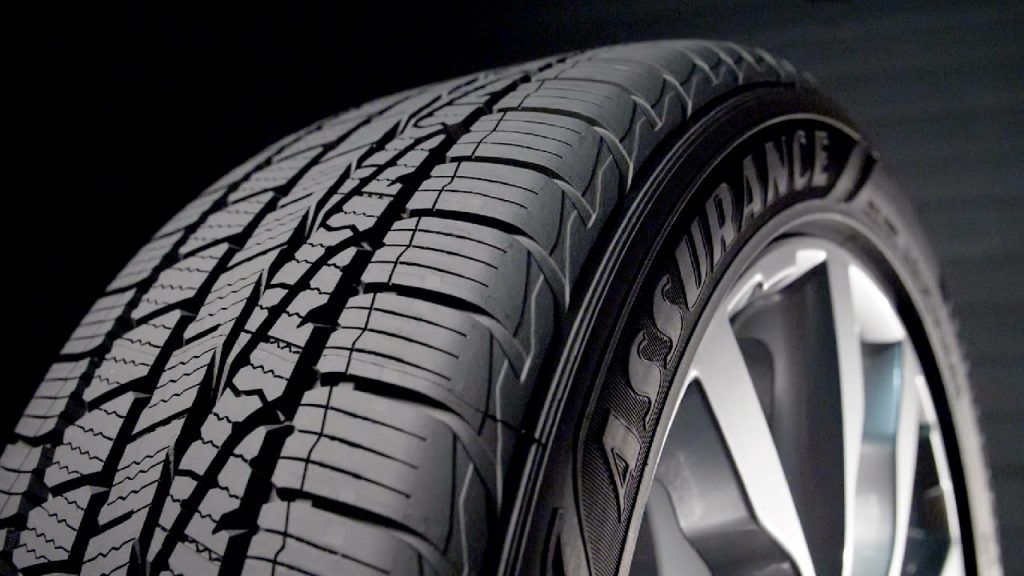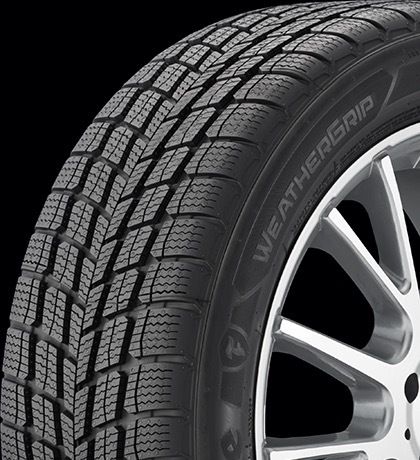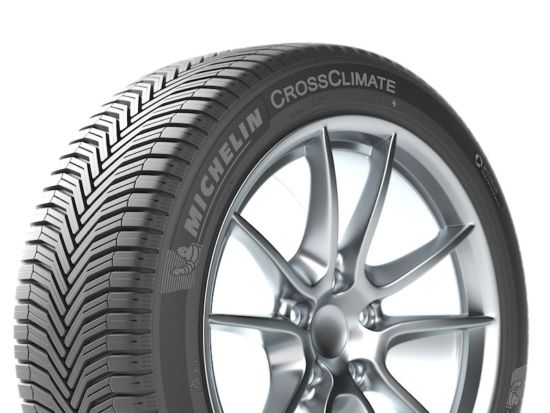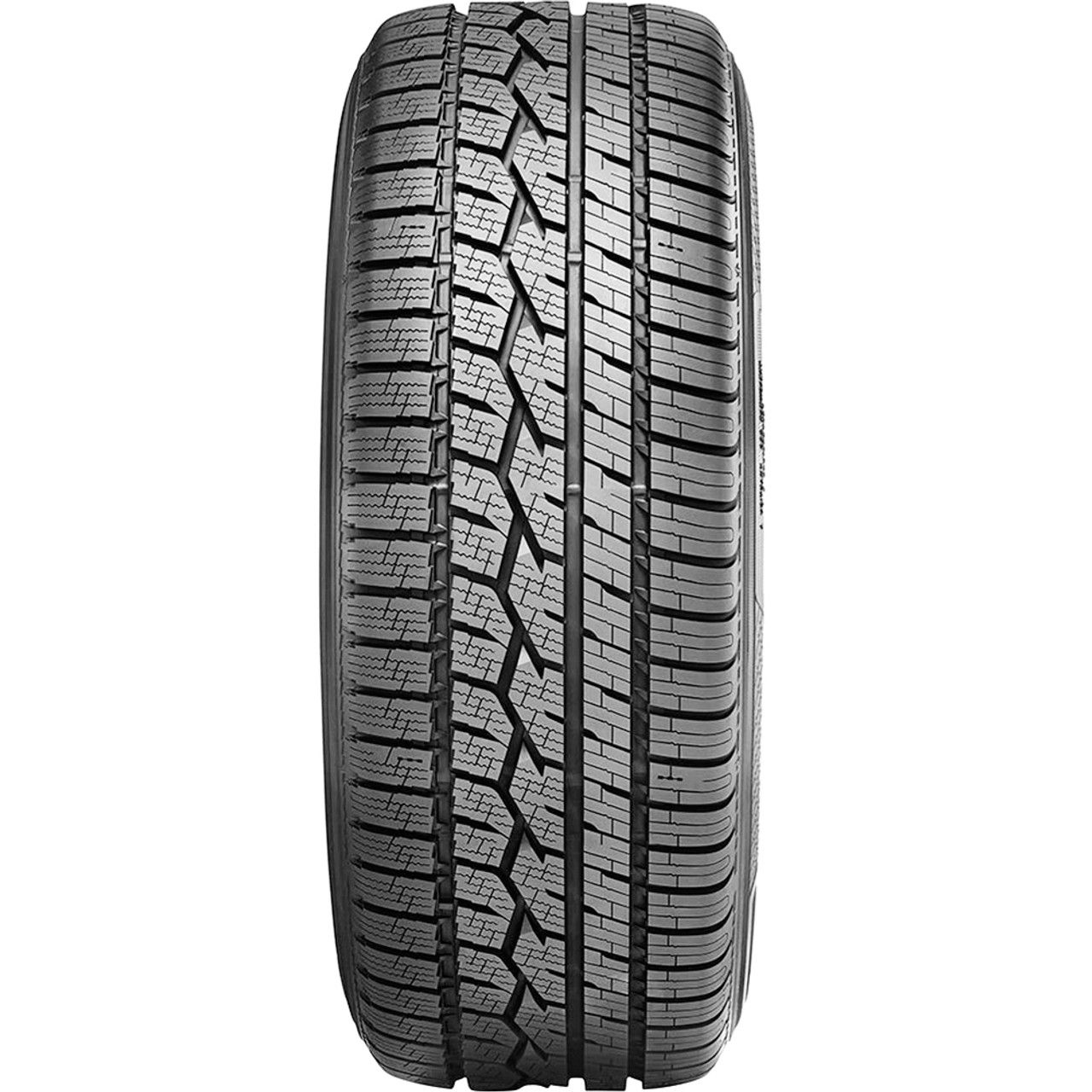The Rise of All-Weather Tires: A Growing Trend
In recent years, all-weather tires have gained significant popularity among drivers worldwide. These versatile tires promise year-round performance, eliminating the need for seasonal swaps. But what’s driving this trend, and are all-weather tires truly worth the hype? Let’s dive into the reasons behind their surge in popularity.
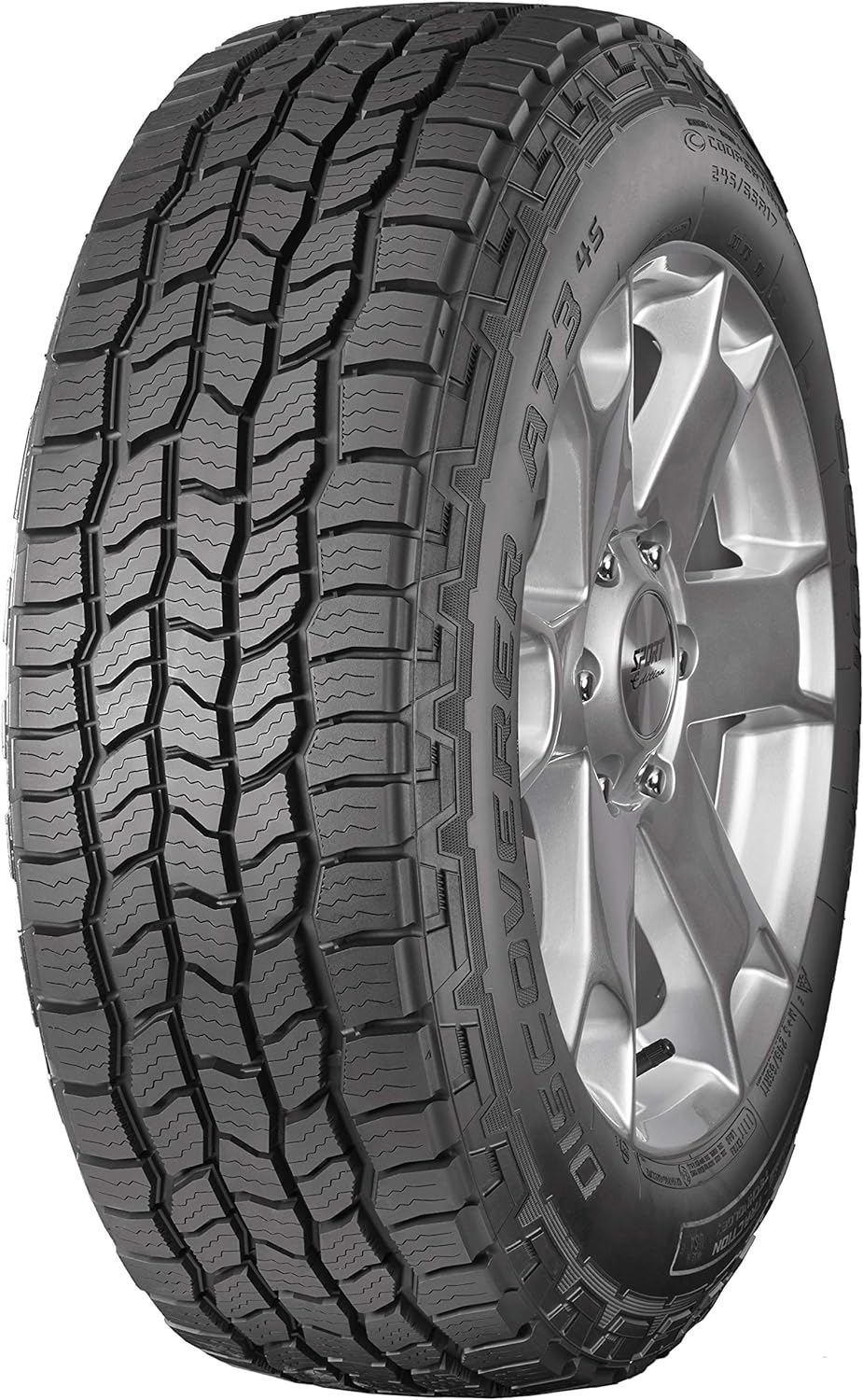
Cooper Discoverer AT3 4S All-Season 265/70R15 112T Tire
All-Terrain, All-Season / Severe Weather Tire Treadwear warranty: 65,000 miles Grips the surface, rocky or smooth, under the most severe weather, rain or shine On-road comfort with off-road durability Maximum grip and handling on wet roads
Advancements in Tire Technology
Thanks to tire technology advancements, all-weather tires now offer a compelling blend of features. Their asymmetrical design allows for both wet and dry performance, making them suitable for various driving conditions. Sharper tread block designs with siping aids enhance traction on snow and ice, bridging the gap between traditional all-season and dedicated winter tires1.
The Convenience Factor
One of the primary reasons for the rise of all-weather tires is convenience. Drivers no longer need to switch between summer and winter tires as the seasons change. Whether you’re commuting to work, embarking on a road trip, or facing unpredictable weather, all-weather tires provide consistent performance throughout the year. This convenience appeals to busy individuals who prioritize simplicity and efficiency.
Milder Climates and Urban Settings
All-weather tires find a sweet spot in milder climates and urban environments. For regions with less extreme winters, where heavy snowfall is infrequent, all-weather tires strike a balance. They handle light snow, rain, and dry roads effectively, making them an attractive choice for city dwellers and suburbanites.
The All-Terrain Influence
Off-road enthusiasts have long appreciated all-terrain tires with the Three Peak Mountain Snowflake (3PMSF) logo. These tires offer cold-weather traction without sacrificing off-road capability. Now, a similar concept extends to passenger cars and crossovers. All-weather tires bridge the gap between all-season and winter tires, providing confidence on snow and ice without compromising everyday performance.
The Best All-Weather Tires
While there’s no universally “best” tire, several popular all-weather options stand out:
Michelin CrossClimate2: Known for its balanced performance and longevity.
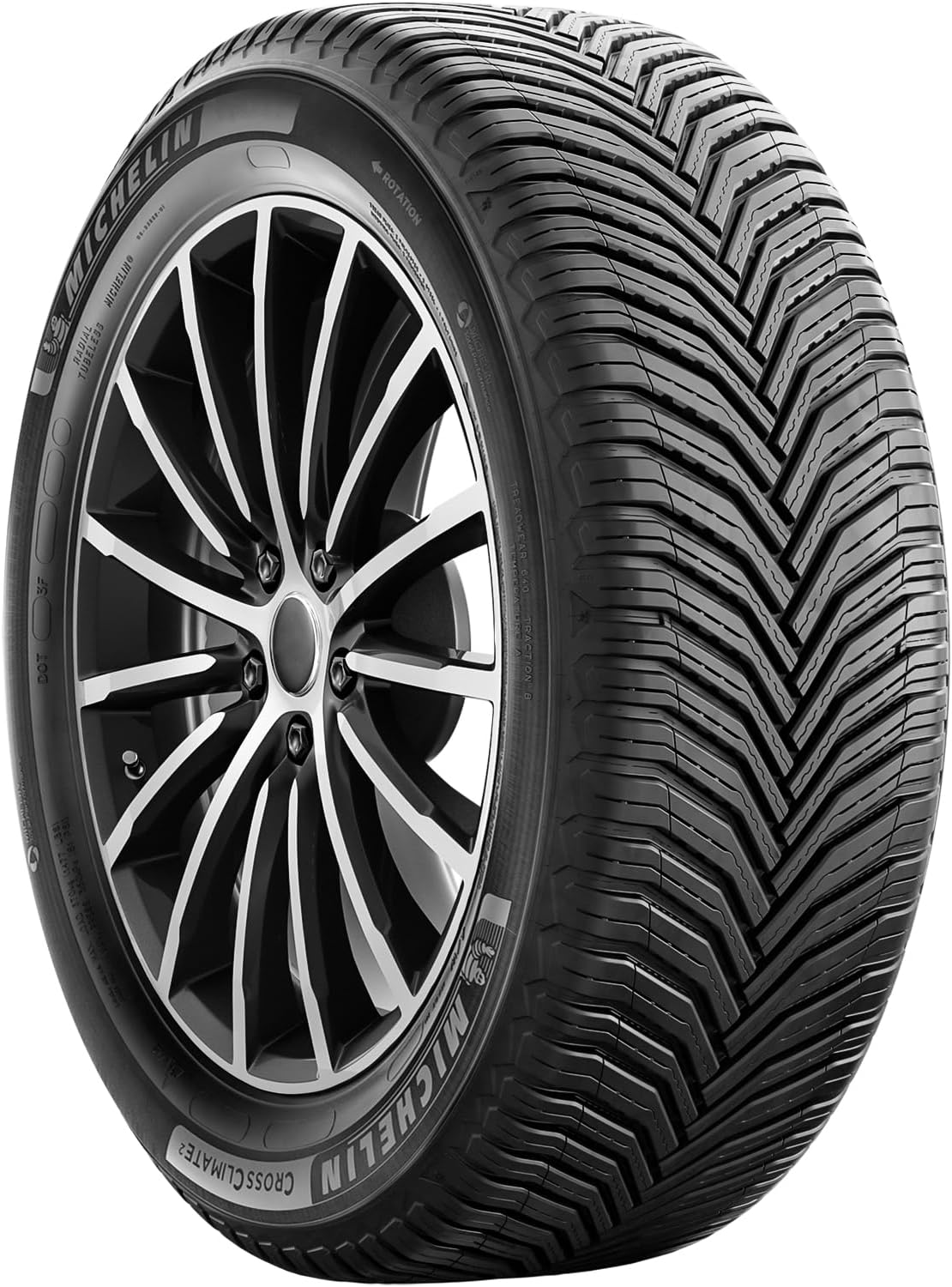
Michelin CrossClimate2 All-Season Radial Car Tire for Grand Touring, 235/40R18/XL 95V
60,000 Miles Manufacturer's Treadwear Limited Warranty; 6 Year Standard Limited Warranty; V-Formation tread design distributes force evenly for smooth and consistent Stops up to 16 feet shorter than four leading competitors on dry pavement thanks to the V-Ramp
Goodyear Assurance WeatherReady: Offers excellent wet and dry grip.
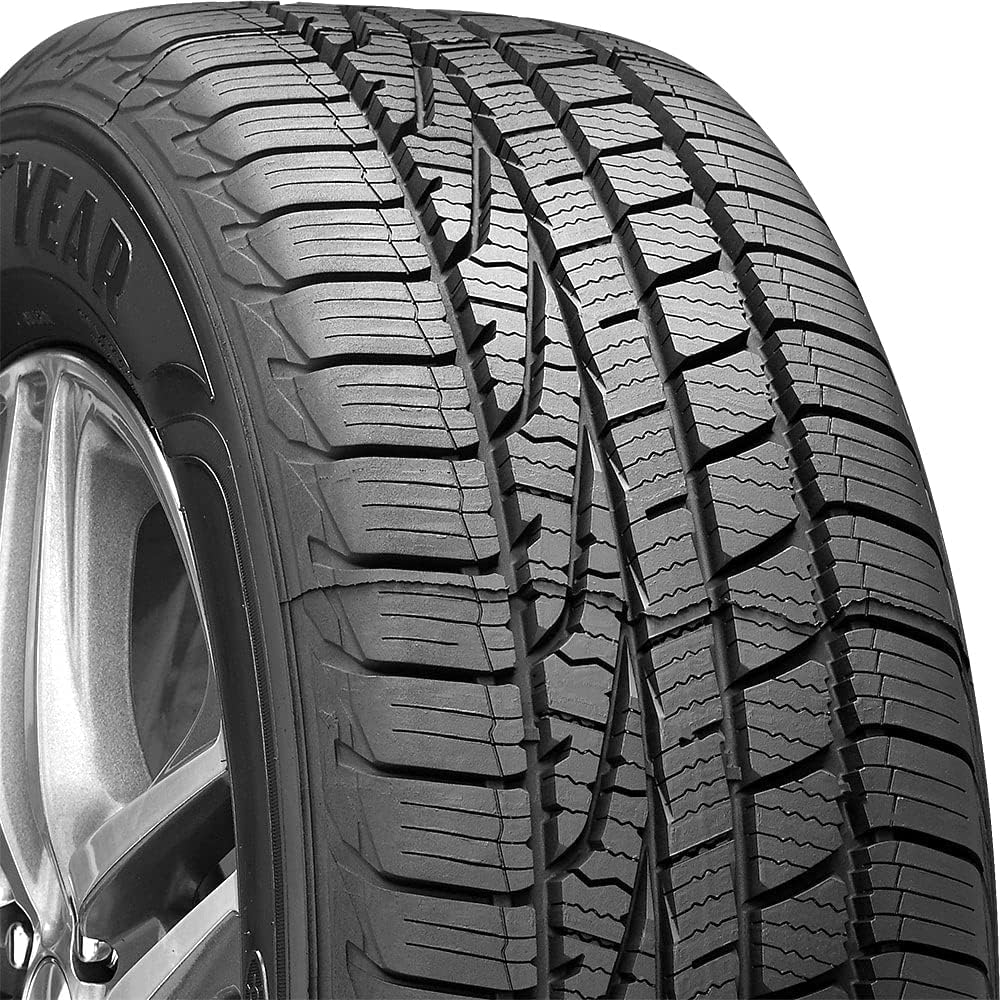
Goodyear Assurance WeatherReady All-Season Radial Tire - 235/65R17 104H
PRICE LISTED IS FOR EACH TIRE, FULL MANUFACTURER WARRANTY INCLUDED GOODYEAR ASSURANCE WEATHERREADY ALL WEATHER PASSENGER TOURING TIRE 235/65R17
Toyo Celsius CUV A: Versatile and suitable for various conditions.
Firestone WeatherGrip: Reliable traction year-round.
Kumho Crugen HT51: A budget-friendly choice with solid performance.
Remember that the best tire for you depends on your specific needs, driving habits, and climate. Reading reviews from fellow drivers and seeking advice from experienced owners can guide your decision.
The Verdict
All-weather tires aren’t a one-size-fits-all solution, but they’re a compelling option for many. Consider your driving patterns, local weather, and budget. Whether you choose all-weather tires or stick with dedicated winter options, prioritize safety and performance. After all, your tires are the critical link between your car and the road—make an informed choice!


